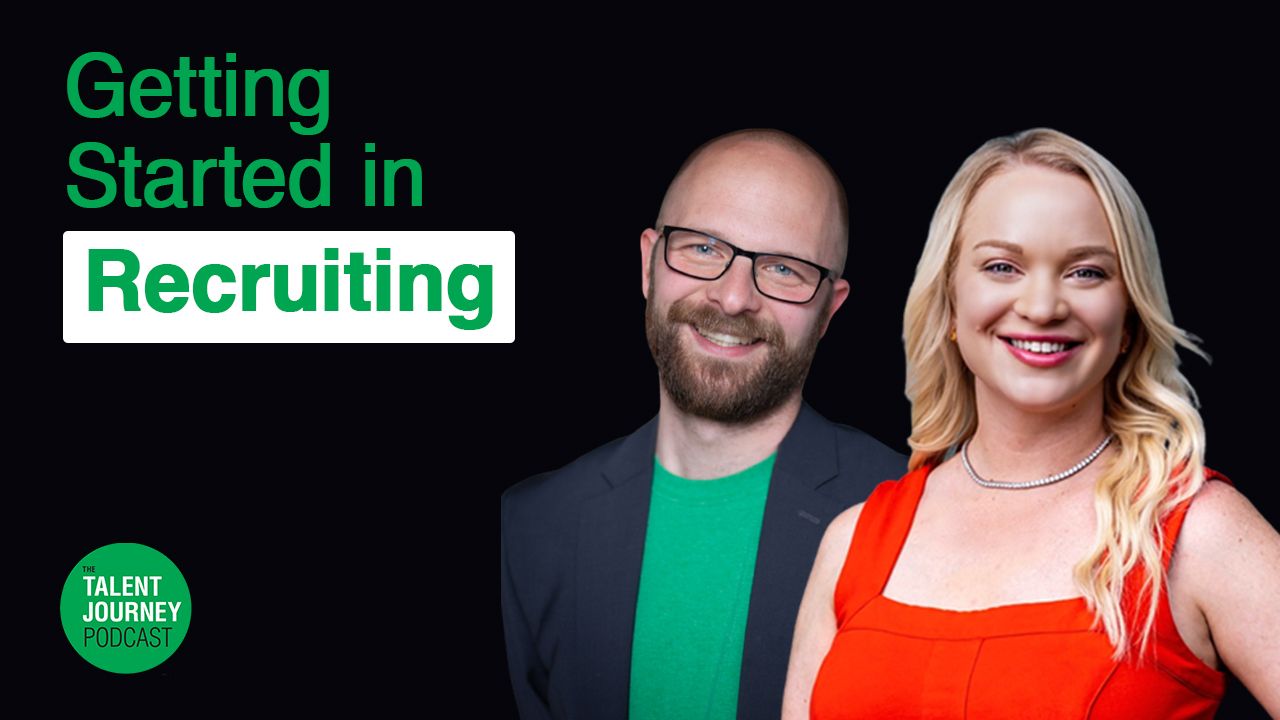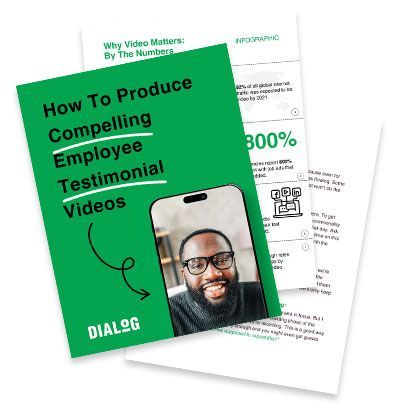Stop doing these things to get more job applications from great candidates
I come from a background in marketing and online advertising, where any gaps in the customer experience are dealt with swiftly in order to avoid missing out on a sale.
So you can imagine my surprise when I started working with blue collar HR teams who had no idea just how hard they were making it for potential candidates to apply to their jobs. We'd give our clients an advertising campaign and get them a huge amount of clicks and visitors to their hiring pages, only to see virtually no uptick in applications. So why were our efforts seemingly failing?
Turns out, there are many opportunities for a candidate to fall through the cracks between when they find out about your company and successfully apply.
Here are the top three mistakes I see employers make when it comes to getting job applications.
1. Requiring candidates to create an account to apply
When's the last time you tried applying to your own job? Odds are there's at least one thing you can improve, especially if you're gating your applications. That means you're requiring folks to create a username and password just to apply to your job. The best way for me to explain just how bad of an experience this is for your users is by likening it to online shopping. Think back to the last time you found something online you were planning on buying from a new website. Did they ask you to create an account just to purchase it? Online stores these days have gotten smarter after they realized they were losing out on so many customers by trying to make them create accounts to make a purchase. Now you can often check out as a guest, which makes the process so much faster and smoother.
But I hear what you're thinking: if we make it more difficult for someone to apply, won't that cause only the most dedicated people to apply? Unfortunately that's not true. Think about it: your best candidate, if they're good, will know they have a lot of options. Why would they pause to spend 15-30 minutes on your specific position when they can have the pick of the litter? Make it easy for everyone to apply and you'll find the rockstar candidates in the mix.
Time to apply matters too. In fact, studies have shown that shortening your job application speed to under 5 minutes can increase job applications by over 365%. By not gating your job application, you'll make it easy and fast for candidates to apply to your jobs. And you'll see your application numbers rise.
2. Not including pay in the job description
Let's keep rolling with the online store example. Have you ever found the exact item you were looking for in an online store but in order to find out how much shipping was, you had to go through the checkout process? It's frustrating, right?
Imagine how much more frustrating it is for your potential candidate to have to apply to your job, take weeks to hear from you, then meet with you only to discover in the second interview how much the pay is. You'd never purchase something if you had to go through that much hassle to find out the price. Yet we expect candidates to the same.
Hiding pay until you talk with a candidate may have worked even just a few months ago. Remember the days when you could put out a job post and get great candidates to apply? Unfortunately because it's now an employee market (aka the candidates have the choice of where they want to work), you need to take a more transparent approach to your pay if you want any chance at getting applications from decent candidates.
Don't worry about whether your competitors will match your pay. You shouldn't be advertising your pay as the only reason why people would want to work for you anyways -- culture, flexible schedules, and purpose are other major motives for choosing to work somewhere. Including pay in the job description shows you're not going to waste your candidate's time or your time when they find out it wasn't what they were looking for. Plus, candidates will know what they're getting into before they apply, making it less likely they'll ghost you down the road.
That's why we always recommend making your pay public, even if it's not the best.
3. The job description isn't interesting
Poor HR folks have so many jobs these days, so we really can't blame them for not writing job descriptions that are interesting to read. A job description should be a convincing argument about why someone should work for you -- not a list of requirements. You should be mentioning the benefits, perks, and culture within your org. You should tap into the motivations of your ideal candidate and tie those into your position. For example, if you're hiring an introverted technical worker, they'll want something different out of a job than if you're hiring an extroverted sales person.
Another problem with job descriptions that we see all the time is that they're simply too long. If your job description for a non-managerial position is more than a page long in Word, you're doing something wrong. And don't cheat by making the font really small! Take out items that are simply a given: don't tell people they have to keep their work area clean or be good at listening. Those things you can find out from them later in an interview or a work test. Keep your job description just about the unique highlights of the position.
A third mistakes we see is to make the job sound too complicated by using jargon and technical speak. This is especially true of jobs in industries where you can expect to get applications from outside your industry (I'm looking at you, manufacturing). Sometimes you do need to mention specific machines. But try to explain what someone's going to be doing as if you're explaining it to a 5th grader. This will give folks from outside your industry more confidence in saying "yes" to applying to the job.
Conclusion
To summarize, here are three steps you can take to improve your candidate experience:
- Try to apply to your most in-demand job as if you were a candidate. You'll quickly discover how long it takes and how complicated it is. In fact, you might even discover parts of the application are broken and weren't reported.
- Don't require candidates to create an account to apply to your company. And keep your applications short. Remember, the goal isn't to get all the info. It's to get just enough for the first interview.
- Include pay or starting pay in the job description. Don't make your candidates jump through hoops to find out the pay wasn't what they needed. That will just waste their time and yours.
- Make sure your job descriptions are more like a tour of the position instead of a list of requirements. That means keep them interesting and only highlight what matters. And unless you're the US government, keep them short! Try to shoot for under one page in Word.
While these changes can solve some of your problems with getting enough good applications, they're only part of the battle. Make sure you're being proactive with your recruiting by getting in front of candidates with online ads, videos, and getting your reviews in line with reality.
If you want some help with getting proactive with your recruiting (aka selling the job), we can help! Visit our Contact page to get in touch for pricing and a walk-through of how we can help.
Justin Vajko (vay-koh) is a speaker and award-winning marketer who is passionate about connecting great employers to great employees. Justin has seen too many fantastic companies struggle to recruit efficiently. That's why he and his company Dialog help employers generate more job applications from qualified applicants by building their reputation online using video. Justin lives in Chippewa Falls, Wisconsin with his wife and three kids in their first home where he’s on a steep learning curve wrangling non-working appliances and fixing leaky faucets. Have any tips for how to properly mud drywall? Let Justin know on LinkedIn.




